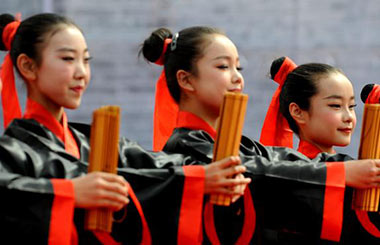Two dramatists, one world apart
By Raymond Zhou ( China Daily ) Updated: 2016-04-25 09:57:37
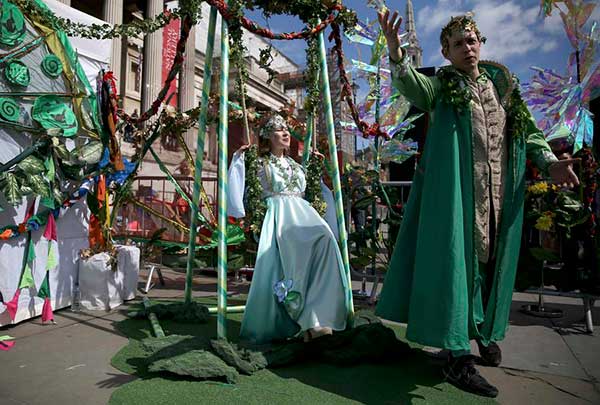 |
|
Actors perform William Shakespeare's play A Midsummer Night's Dream during an event to celebrate St George's Day in London on Saturday.[Photo/Agencies] |
Tang's lines were sung mostly at family theaters at a time when aristocrats and retired officials were patrons of the arts who owned and ran their own entertainment troupes. The English Bard had to sell tickets to whoever would buy them.
That probably impacted their writing styles. While Tang's language is extremely baroque and the rhymes and imagery come on like hurricanes, it is a wonder that Shakespeare's vast vocabulary could be understood by those in the Globe Theatre back then. But given that the Bard's subject matter runs such a wide gamut, most people, whatever their tastes, could take away something.
Though no one can touch the Bard in scope and richness, there is one area where Tang shines, and that is in the use of dreams, not only as a plot device but also a philosophical tool.
His quartet of plays all build on dreams, often hinting that life as we know it is empty and all the clamor for power eventually amounts to nothing.
Shakespeare, of course, famously used the stage for similar philosophizing. But in a sense, the dream was Tang's stage, where he showed the strutting and fretting of mundane life as well as aspirations for things unattainable.
In The Peony Pavilion, his most renowned play, Tang elevated the dream to a level that Sigmund Freud would have recognized. It is the subconscious world of the protagonists, especially Du Liniang, the aristocratic young lady who whiles away her youth in a gilded cage. It is not a conventional love story because she had not seen or known the young man before her pining consumes her. One can argue that she was not in love with a specific person, but with the notion of love itself, corporal love that can only be suggested in that environment.
Even though Liu, the young man, had dreamed of her, it is his discovery of her portrait three years after her death that plants the seeds of obsession. He at least knew Du had existed. But for Du, that dream, full of erotic innuendo, is a path to the freedom that young women of imperial China were normally denied-to love someone without family intervention.
It is ironic that the eroticism permeating the play and the eventual resuscitation of the female lead from her grave seem toned down or removed for the sake of political correctness, depriving the tale of its psychological depth and reducing it to pure romance.
|
|
|
|
|
|
|
|


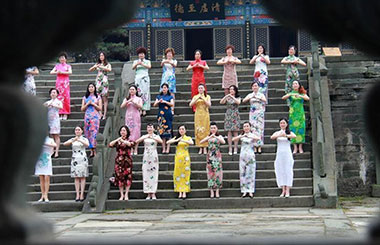
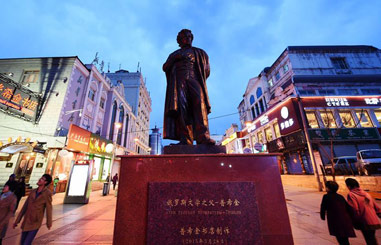


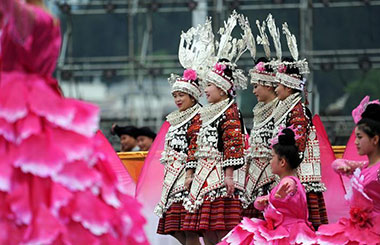
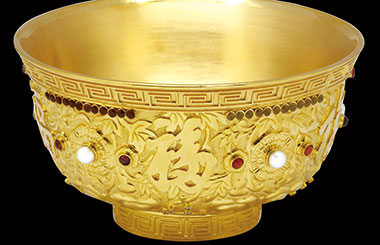
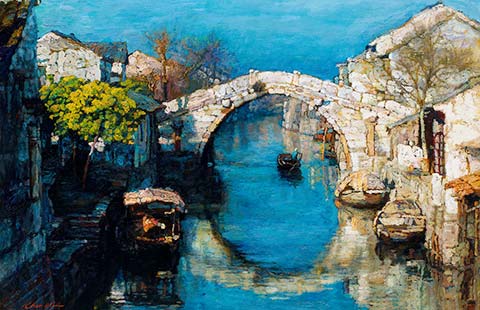

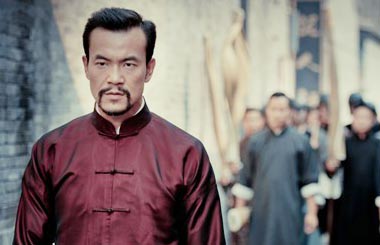












 Raymond Zhou:
Raymond Zhou: Pauline D Loh:
Pauline D Loh: Hot Pot
Hot Pot Eco China
Eco China China Dream
China Dream China Face
China Face

